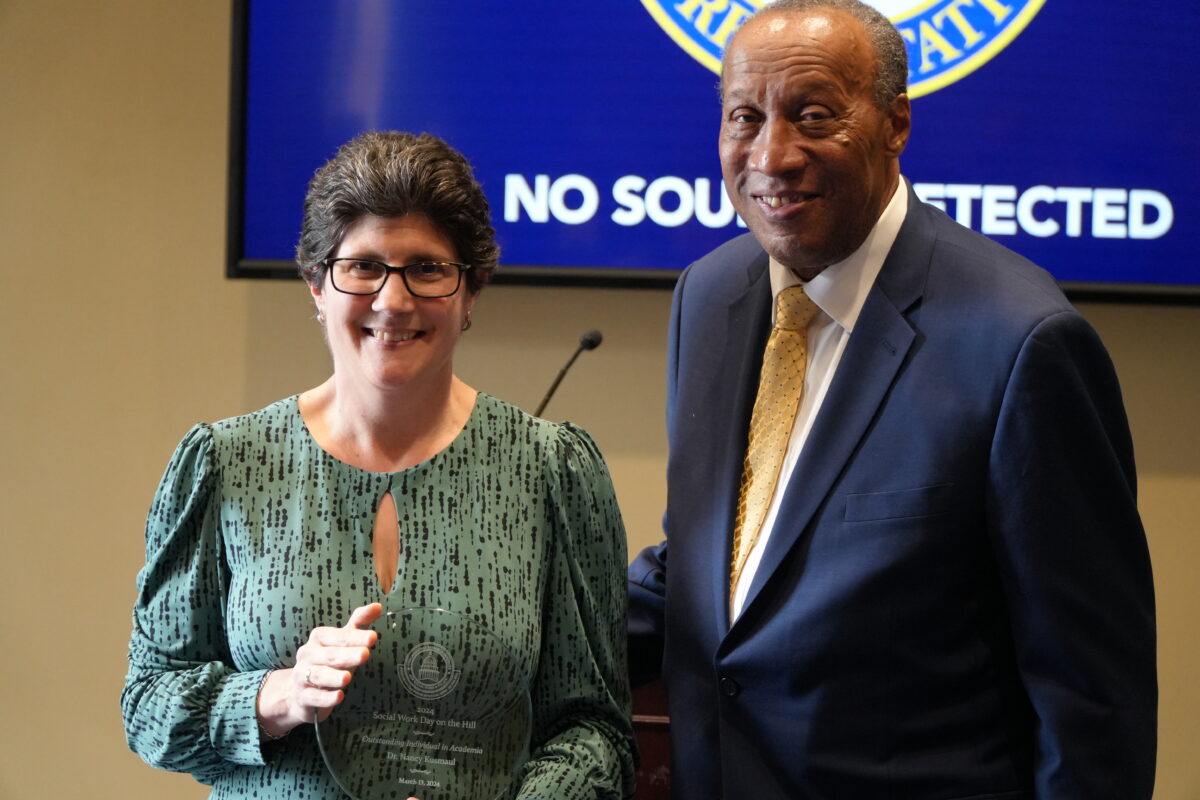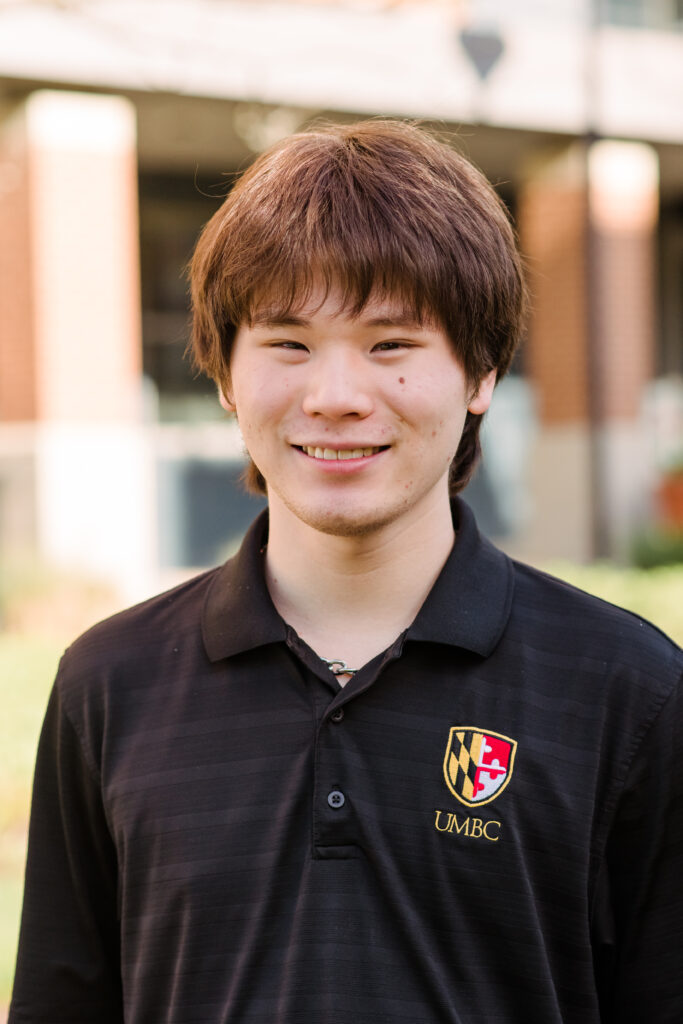Monitoring the Health of Vulnerable Populations
Working in the nation’s capital changed Todd Eberly ’06 , Ph.D. public policy, from a political scientist to a specialist in poverty and public health. The shift seems to be a good fit, as Eberly recently won the National Association of Schools of Public Affairs and Administration’s dissertation award for his work on how managed care affects services received by enrollees in Medicaid, the nation’s health insurance program for low income individuals.
After receiving his bachelor’s degree from Pennsylvania’s Clarion University, Eberly went to work in Washington, DC analyzing federal health policy. “I saw good policy options ignored and bad policy options embraced,” Eberly said. “I realized that I wanted a better understanding of the policy process.”
The experience drew Eberly to UMBC’s Department of Public Policy in a quest for a way to make a real-world difference. “The UMBC program goes beyond theory and really deals with practical application.,” he said. “Political Science is still my passion – but I feel that the interdisciplinary approach of the UMBC program made me a better political scientist.”
Maryland started the HealthChoice managed care program eight years ago as a way to control costs for over half a million state residents receiving Medicaid, including 30 percent of Maryland’s children. However, researchers were unsure whether managed care met the needs of socially vulnerable populations, particularly racial and ethnic minorities.
Eberly’s study of before-and-after data on Maryland Medicaid recipients found that the program increased preventive care receipt by black, white and Hispanic children and adolescents, along with black and Hispanic adults. “The improvements for minority youth were particularly noteworthy, because children are especially vulnerable,” said Eberly. “Access to preventive care is key to the promotion of good heath and quality of life.”
Eberly now continues his work as a senior research analyst at UMBC’s Center for Health Program Development and Management (CHPDM) and as an affiliate assistant professor in public policy and an adjunct professor in political science and sociology.
“I’m still very interested in the politics of poverty and social policy design,” Eberly said. “It has the potential to impact so many lives, so I want to know whether policies are working to make lives better or just perpetuating inequalities.”
(11/15/06)
© 2006-07 University of Maryland, Baltimore County 1000 Hilltop Circle, Baltimore, MD 21250 410-455-1000



